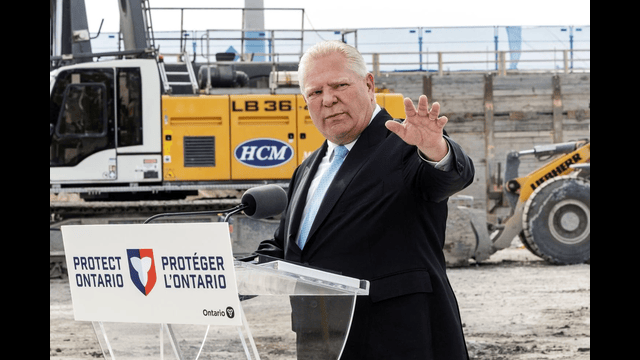
A smoke stack rises above a steel mill in Hamilton, Ontario, Canada, on October 13, 2022. Reuters
Canada has set a new target to reduce its greenhouse gas emissions by 45-50% below 2005 levels by 2035, the environment ministry announced on Thursday. This target is part of the country's ongoing efforts to address climate change, falling between the current 2030 goal of a 40-45% reduction and the ultimate goal of achieving net-zero emissions by 2050 under the Paris Agreement.
The new target is a significant step in Canada's long-term climate strategy. According to Environment Minister Steven Guilbeault, the goal will help ensure a safer, more sustainable, and prosperous world for future generations. "This target keeps us on track to keep the promise to our kids and grandkids that the world we leave behind for them will be safe, sustainable, affordable and prosperous," he stated.
Despite Canada's ambitious plans, the country has yet to meet any of its previous greenhouse gas emission targets. As one of the world's leading oil and gas producers, Canada's efforts to reduce its carbon footprint face considerable challenges. However, the Liberal government, led by Prime Minister Justin Trudeau, has introduced several measures aimed at tackling climate change, such as promoting green energy and sustainability. In May, Trudeau's government indicated that recent data showed Canada was on track to meet its 2030 emissions reduction goal.
The Canadian Climate Institute has endorsed the 2035 target, calling it "achievable" and well-balanced in terms of the need for continued progress in cutting emissions. However, not all environmental groups are satisfied with the new goal. The David Suzuki Foundation criticized the target, arguing that it falls short of what is needed to prevent the worst impacts of climate change. The Pembina Institute also called for more ambitious measures, stressing the need for stronger actions to ensure that Canada remains competitive in the emerging global clean energy market.
The 2035 emissions reduction target is a key part of the Canadian Net-Zero Emissions Accountability Act, which was passed in 2021. This law mandates that the government outline a detailed emissions reduction plan by the end of 2029, providing a clear roadmap for achieving the target. While the goal is important, some observers believe that more aggressive steps are required, especially given Canada's challenges due to its large oil and gas industry.
Canada is also facing an upcoming federal election, which, according to recent polls, may result in a change of government. The opposition Conservative Party has been vocal in its criticism of the current government's climate measures, particularly the emissions cap on the oil and gas sector. Climate policy will remain a key point of contention as the election approaches, with different political parties offering varying approaches to balancing economic interests and environmental responsibilities.















